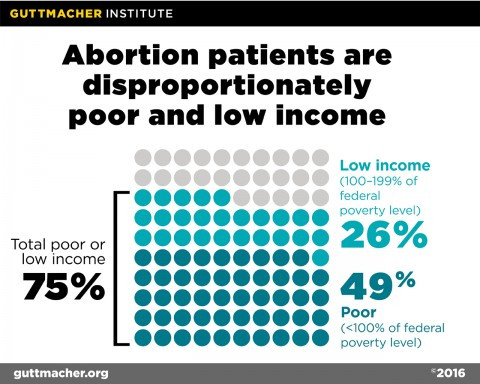Abortion Bill Too ‘Vague’ For Mary Fallin: Oklahoma Governor Vetoes Bill Making Terminating Pregnancy A Felony

Citing a lack of medical standards, Oklahoma Gov. Mary Fallin vetoed Friday a bill that would have made abortion a felony except in cases where the pregnancy threatens the health of the woman.
“The bill is so ambiguous and so vague that doctors cannot be certain what medical circumstances would be considered ‘necessary to preserve the life of the mother,’” Fallin, a conservative Republican, said in a statement. “The absence of any definition, analysis or medical standard renders this exception vague, indefinite and vulnerable to subjective interpretation and application.”
Senate Bill 1552, co-proposed by state Sen. Nathan Dahm, a homeschooled former Bible school employee, passed with strong majorities in both houses.
“While I consistently have and continue to support a re-examination of the United States Supreme Court's decision in Roe v. Wade, this legislation cannot accomplish that re-examination,” the governor added.
The law would have directly confronted the 1973 U.S. Supreme Court decision that guarantees a woman's right to terminate her pregnancy. But the ruling left open the ability for states to regulate the procedure based on protecting women’s health and protecting the potentiality of human life. The state’s interest to protect the fetus grows stronger over the course of the pregnancy.
These qualifications have led some states to implement measures to strictly regulate abortion providers in an effort to close them down or to define at which stage of pregnancy a woman is no longer allowed to have an abortion.
States define the viability of a fetus differently, leading to differing standards on the point at which a woman no longer has the right to terminate a pregnancy. Most states draw the line at 24 to 26 weeks, but North Dakota draws it at six weeks, when a fetal heartbeat can be detected using a transvaginal probe. Arkansas prohibits abortions after 12 weeks, when the heartbeat can be detected using ultrasound. Nine states and Washington, D.C., have no defined restrictions.

About nine out of 10 abortions happen within 13 weeks, according to the Guttmacher Institute, while only about 1 percent occur after 21 weeks.
In 2015, the U.S. Supreme Court temporarily halted requirements in Texas that would have shut down more than half of the state’s abortion providers, leaving the state with just nine clinics. The law, which took effect in 2013, requires abortion providers to have admitting privileges at a nearby hospital and regulates abortion clinics on building codes, such as corridor width and room size.
The death in February of conservative Associate Justice Antonin Scalia has delayed a final U.S. Supreme Court ruling on whether this is an overreach of a state’s right to control abortion based on women’s health.
© Copyright IBTimes 2024. All rights reserved.






















